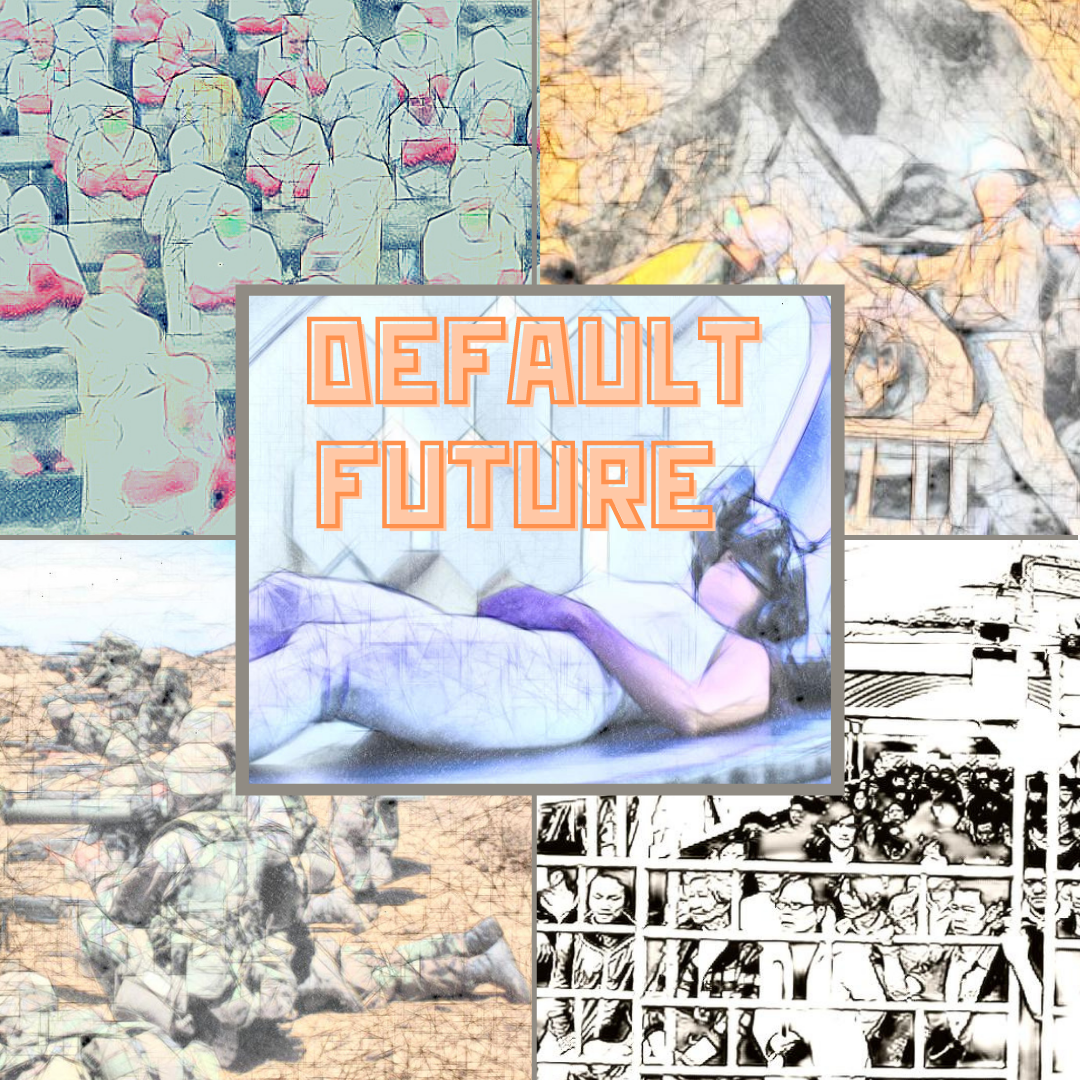The Ongoing Process of a.ttent.io/n
I feel like my short story a.ttent.io/n will never be finished. But rather than fight that, I'm thinking perhaps I should embrace it as part of the core novelty of the medium I'm building.
If I recall correctly, I came up with the core conceit of the novel sometime before I started grad school in 2010. I sketched out the different story arcs, but I languished with the problem that the whole story was just too big. Then in the fall of 2017, I was chatting with a friend at a writing group who mentioned that she had decided to change her writing of a longer piece to compress it down to a short story. For some reason, this suddenly clicked in my brain and I realized that part of the point of a/ttent.io/n was that humans were no longer connecting with long ponderous tomes. Suddenly the pieces all fell into place, and I wrote the story (styled as Attention at the time) in a few weeks in November. I showed it to a few friends, and played with small tweaks for almost a year.
Finally, in early 2019, I workshhopped it with a few more friends from the SF Writers in their 20s and 30s group (imho the literary society of San Francisco). That was when the next idea came. As I got feedback from different people, I realized that there were clearly too many different opinions about what was good. In the end, I didn't care what my author friends thought was good, I only cared what made them want to keep paying attention. Hell, the whole thesis of a.ttent.io/n was that paying attention was the only point of all stories.
Tracking a.ttent.io/n
At the same time, in my professional work at a Silicon Valley health-tech startup, I was frequently tasked with measuring what would make our customers pay attention to our product. The techniques I used (Funnel metrics, A/B testing) caused me to ask whether "the perfect story" should also be built with the same kinds of principles. At the very least, that was what the unreliable narrator of my story would think at least.
As I began to approach a finished version of the story, I started building it into a website equipped with the types of tracking metrics that allows Google or Facebook to measure engagement. Specifically, I built a page that measured how far down the reader had scrolled. I put the page live on a few social networking sites, and as one might guess, most of the people who saw it read only a few words and then moved onto something else. Such is the nature of the internet.
An open, evolving story
The story didn't get much traction, and I couldn't tell what was wrong. I had been making edits here and there to improve things, but I didn't know what really mattered. So then in early 2020, I set about building a way to serve different versions to different visitors. All-in-all I didn't learn too much from the experiments about what content was best because no matter what I did, no one read past the first chapter.
So last month, I decided to do another rewrite. This time, I optimize ruthlessly for readability. I cut the story in half, removed some characters and merged others, and reordered the structure to make stronger connections from one to the next.
I'll be posting it again soon, and I hope that this time it really works. But even if it doesn't, I hope that the following three innovations I'm proposing get wider attention themselves.
- tracking the fine grained attention patterns of readers
- testing multiple permutations of the core story for readability and engagement
- putting the editing process out in the public (my novel edit history is stored on github)
If we are all a part of this world perfecting the story of what it is to be human, why not shorten the feedback loop and let reader's mind contribute too?
PS As I was writing this my partner read the story and came up with yet another great improvement so back to the drawing board...
 will stedden
will stedden

